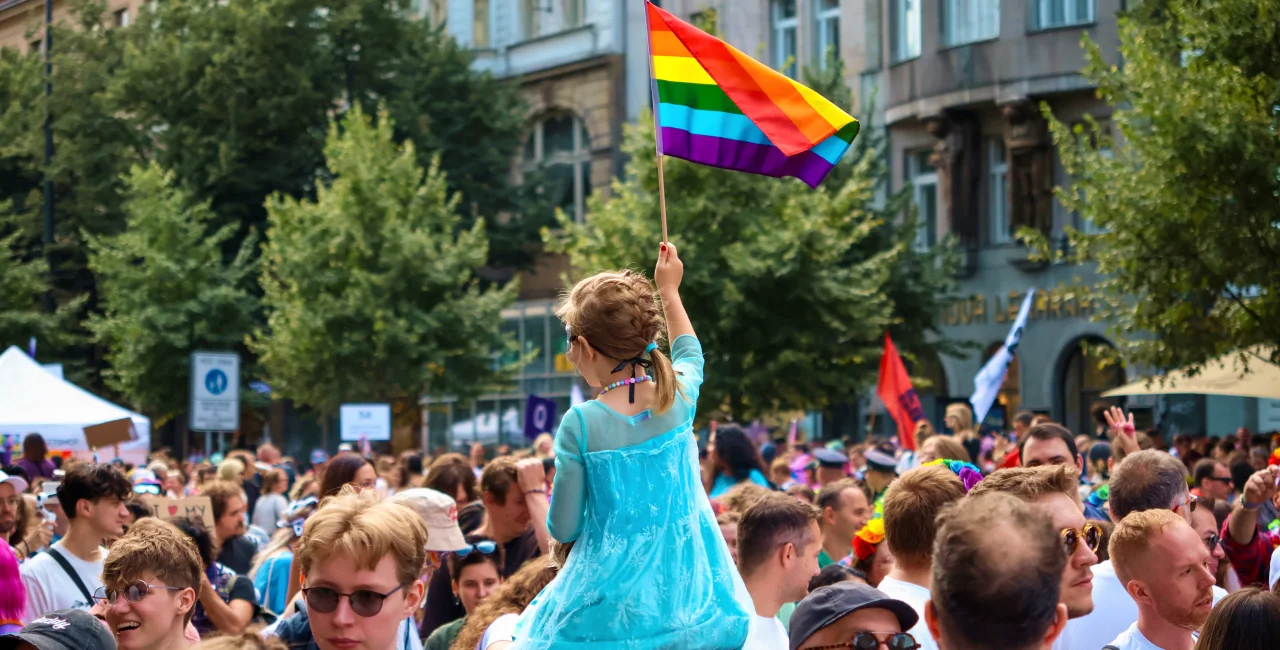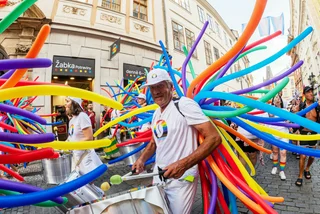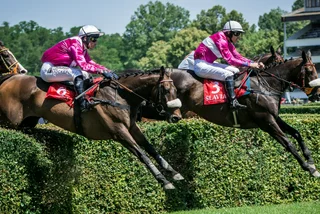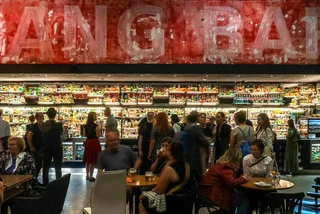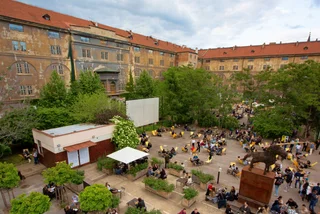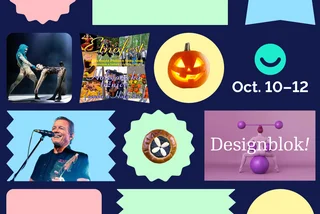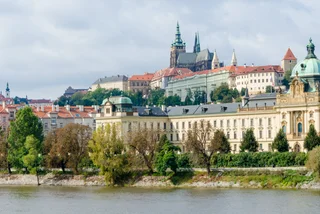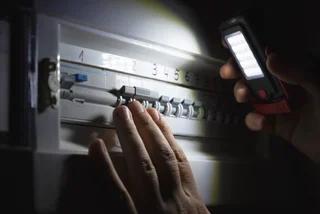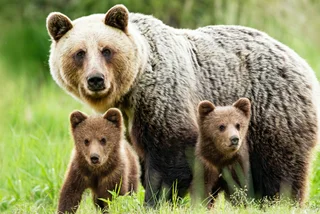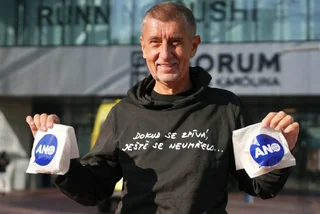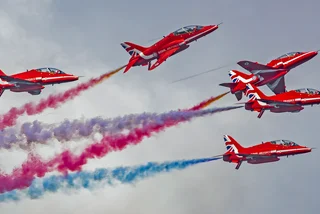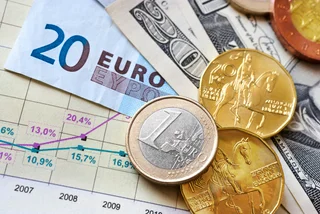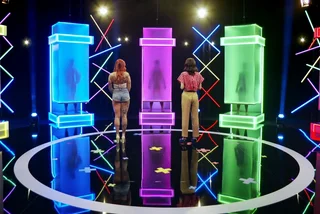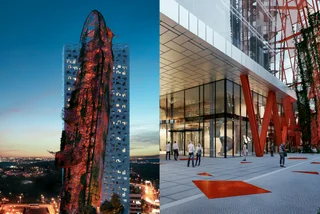Tens of thousands of people filled Prague’s streets on Saturday afternoon for the annual Prague Pride parade, culminating in a vibrant display of rainbow flags, music, and community. The march marked the high point of the week-long Prague Pride festival, now in its 15th edition, which celebrates LGBT+ rights and visibility in the Czech Republic.
Beginning at Wenceslas Square and concluding at Letná Plain, the two-and-a-half-hour parade moved peacefully through the city center, with no conflicts reported by police. Attendees ranged from young couples and families with children to diplomats and public officials, underscoring the broad support for the event.
PARTNER ARTICLE
Despite minor opposition near Na Příkopě Street, police officers ensured the groups remained separate, and the day continued without disruption. More than just a party, organizers emphasized the ongoing need for awareness and advocacy.
“LGBT people in the Czech Republic are still waiting for their full rights,” festival director Kamila Fröhlichová told Czech News Agency. “We’re not just a multi-genre festival [...] we are also an educational festival and we are trying to bring the lives of LGBT people closer to people.”










A festive and political march across Prague
The 2025 parade highlighted both celebration and protest, with participants donning glitter, costumes, and makeup, while others carried signs and flags signaling solidarity across borders. In addition to rainbow flags, marchers waved national flags from Czechia, Slovakia, Hungary, and the European Union. A visible contingent of several hundred people also marched to bring attention to the humanitarian crisis in Gaza.
The parade proceeded without motor vehicles, instead featuring drummers, DJs, and spontaneous dancing as it made its way through the capital. Music stages set up along the route added to the lively atmosphere, and the absence of cars helped keep the event accessible and eco-conscious.
Though the mood was largely festive, the presence of international diplomats and a few local politicians pointed to the parade’s enduring political relevance. While Czechia has made progress in LGBT+ rights, including legal recognition of same-sex partnerships, full marriage equality has yet to be achieved. As a result, Pride continues to serve as a focal point for public discourse and advocacy.
At Letná Plain, the culmination of the parade unfolded in Pride Park, where six stages hosted a range of performances, including a headline concert by Czech singer Aneta Langerová. Festival organizers noted the importance of creating a space where people can express themselves freely and connect with others.
Public opposition to the parade has diminished since its controversial debut in 2011. What once drew backlash from conservative groups has evolved into one of Prague’s largest public gatherings. Last year’s turnout was estimated at 60,000, a figure that organizers believe was matched or exceeded this year.












 Reading time: 2 minutes
Reading time: 2 minutes 